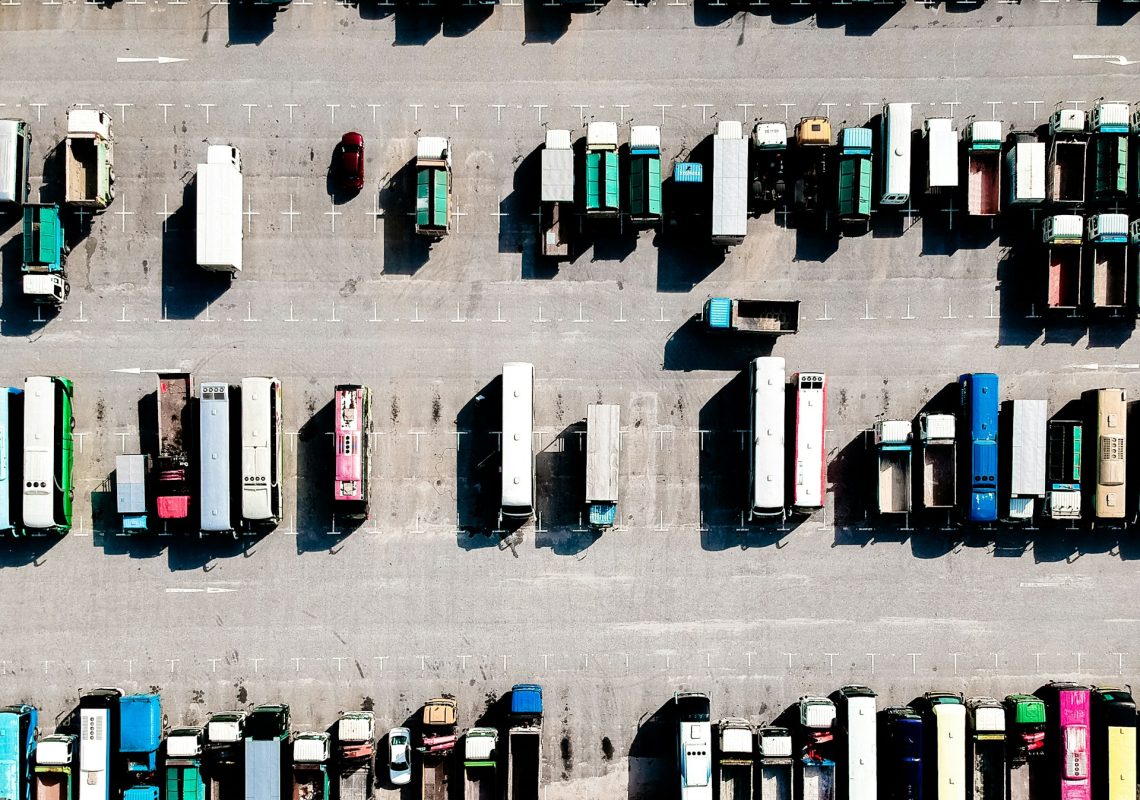I was pleased to offer our views on freight crime in a piece published in The Times today (Tuesday 5 March).
They led on the premise that high prices in shops is driving demand for black market groceries as the cost-of-living crisis bites. Organised crime gangs are targeting the transportation of high-value foods, such as meats and oils, as well as alcoholic drinks and tobacco.
We know this is nothing new but it’s fair to say it largely flies under the radar in mainstream conversation despite the impact thefts from trucks has on businesses, consumers and more importantly on the victims out on the road – the truckers.
More safe and secure parking will help. Yesterday’s announcement of £16.5m government and industry investment to improve 38 truck stops – including better security at some sites is welcome.
We also announced last month that we’re leading a new Government taskforce on roadside facilities. It will be a vital part of how we help bringing forward new lorry and coach parking to the areas which need more safe and secure parking.
Those lack of parking options – we estimate a shortage of 11,000 spaces – leaves many drivers no choice but to park on laybys and industrial estates where they’re more vulnerable to attack.
Understanding the full picture has been long hampered by there being no official freight crime recording category available to police.
Fuel theft and cargo theft from trucks are reported under the catch-all ‘Theft from a motor vehicle’ which also records opportunistic volume crime such as a mobile phones or laptops stolen from a car.
This means that, despite its highly organised nature, freight crime goes unseen and the impacts of it are not understood.
Officers however are making strides to bridge the gap. Reports from The National Vehicle Crime Intelligence Service (NaVCIS) collated from crime reports and intelligence from different sources paint an increasingly vivid picture.
They reported that in 2022 there were more than 5,000 incidents of freight crime with goods worth nearly £70 million lost, although the actual loss in terms of market price and VAT will be much higher.
We believe it’s likely to get worse with millions struggling to make ends meet. The British Standards Institution says that 24 per cent of all thefts from lorries and warehouses last year were food and drink — up from 13 per cent of the total the previous year.
I told The Times that cargo theft is as bad as it’s ever been. It’s a growing concern and the economic impacts are significant.
There’s been a record number of insolvencies in the haulage industry recently, and everyone ends up paying higher prices in the shops.
In the meantime, criminal groups understand how supply chains work. They know about drivers’ hours and the regular freight routes and stopping areas. It makes it easy to target trucks for their fuel or loads.
Rhys Hacking, MD of Bicester-based RHA members Direct Connect, told The Times they’ve experienced 80 attempted thefts over the past five years.
Most occurred in what are considered secure parking areas – where there’s CCTV and number-plate ¬recognition technology. He said truck stops needed security guards on sites to deter the gangs.
The problem is making it harder to recruit and retain drivers, he said, which is theme we hear all the time. Many would-be truckers might think twice about coming into our industry when they see disturbing images of slashed curtains, and worse still reports of assaults. And what about for those already doing the job? The thought of parking up in isolated spots in the middle of nowhere can only exacerbate drivers’ feelings of anxiety, loneliness, and isolation.
Providing more safe and secure truck stops, through reformed planning rules and a focus on the highest security standards across the board will help this situation, as will a review of sentencing guidelines so the impact of freight crime is properly considered – a deterrent for criminals and taking away their opportunities to act.
Feeling safe at work is the default for nearly all of us. We all need to do more to ensure it’s also the default for lorry drivers too.


